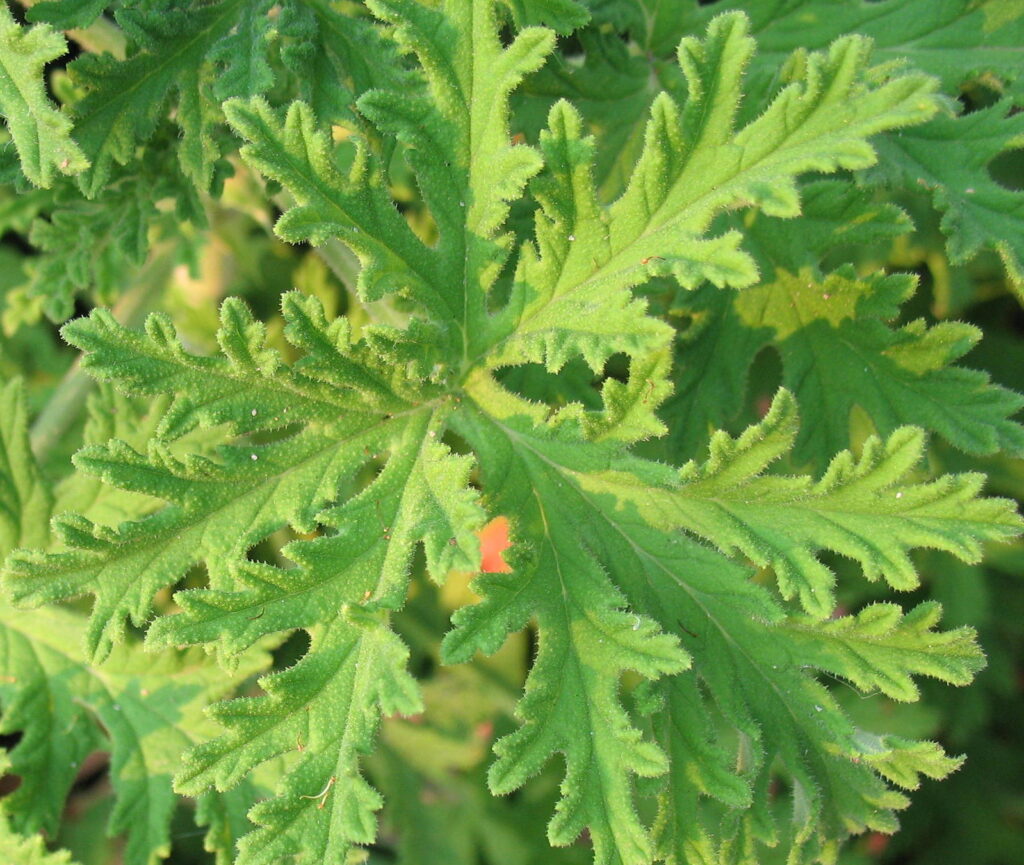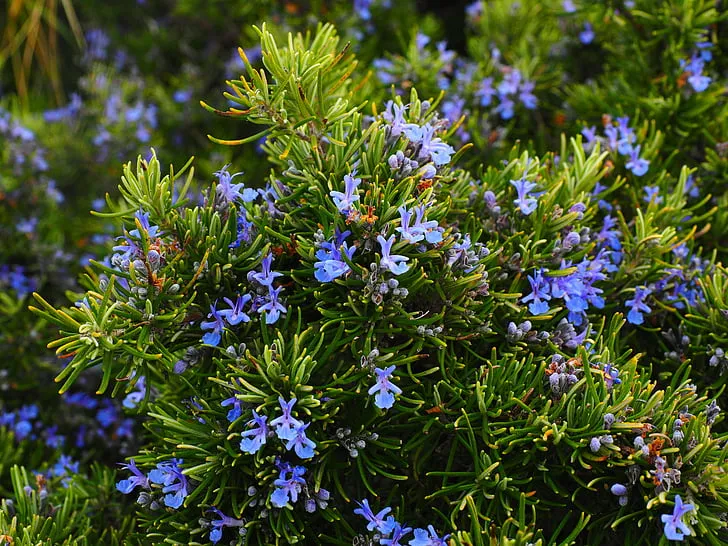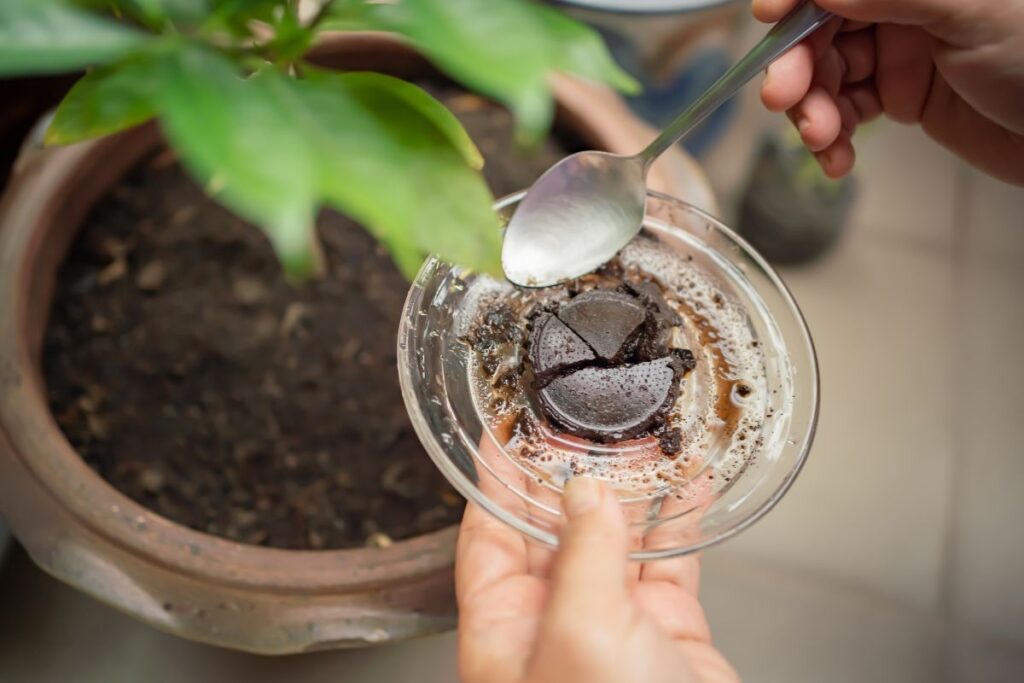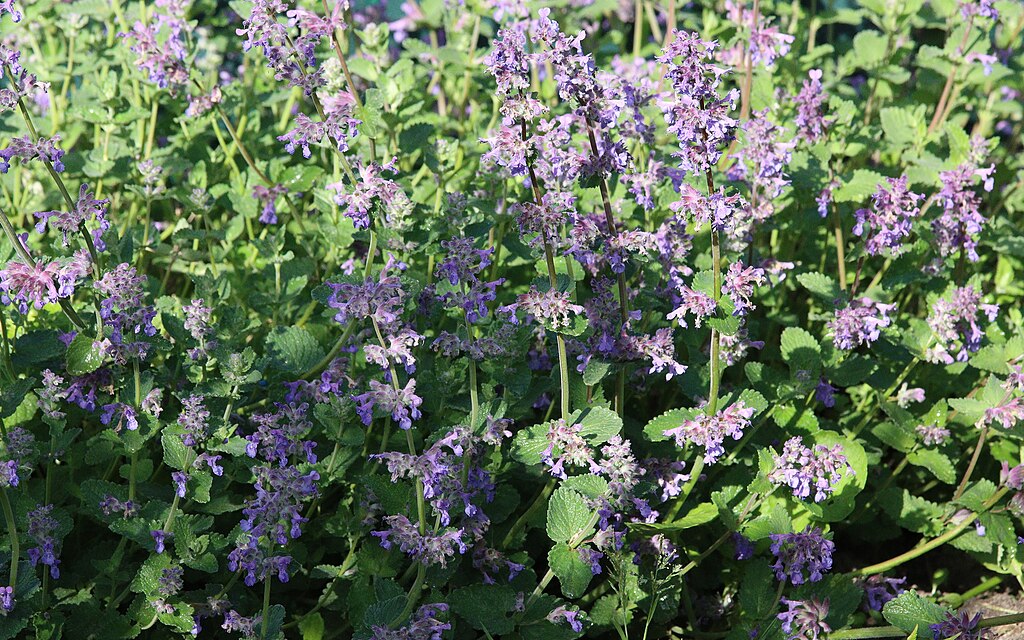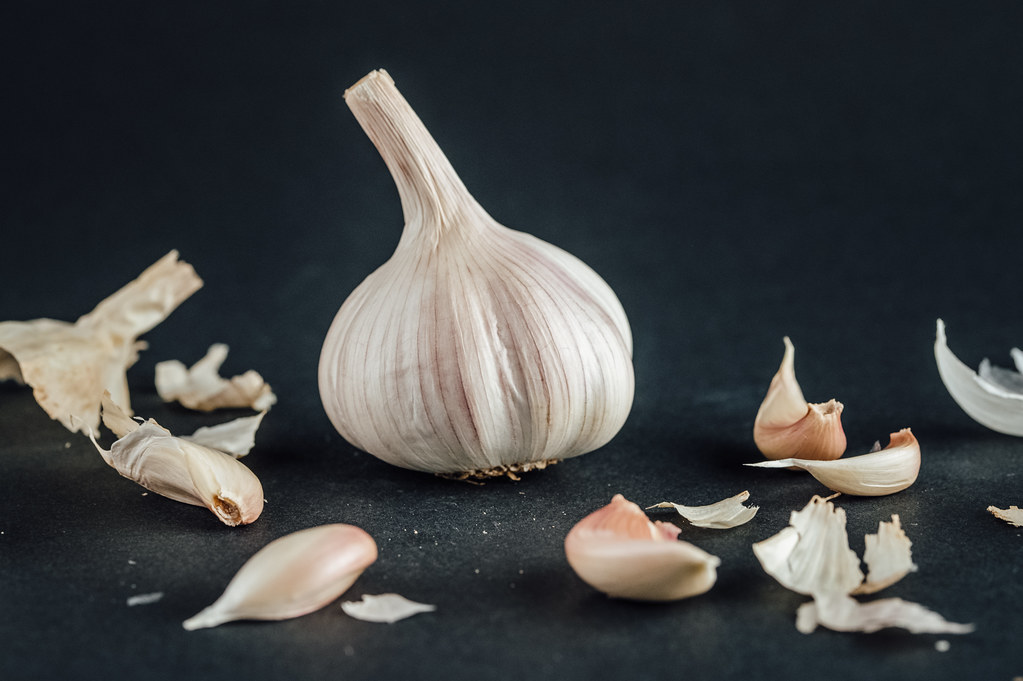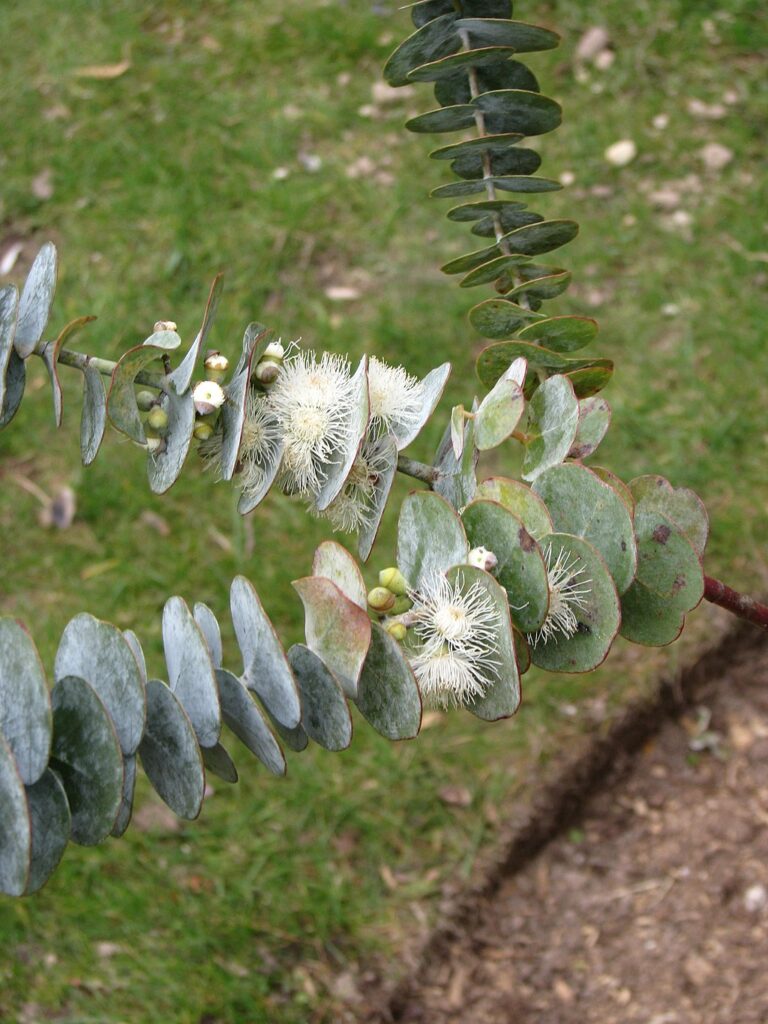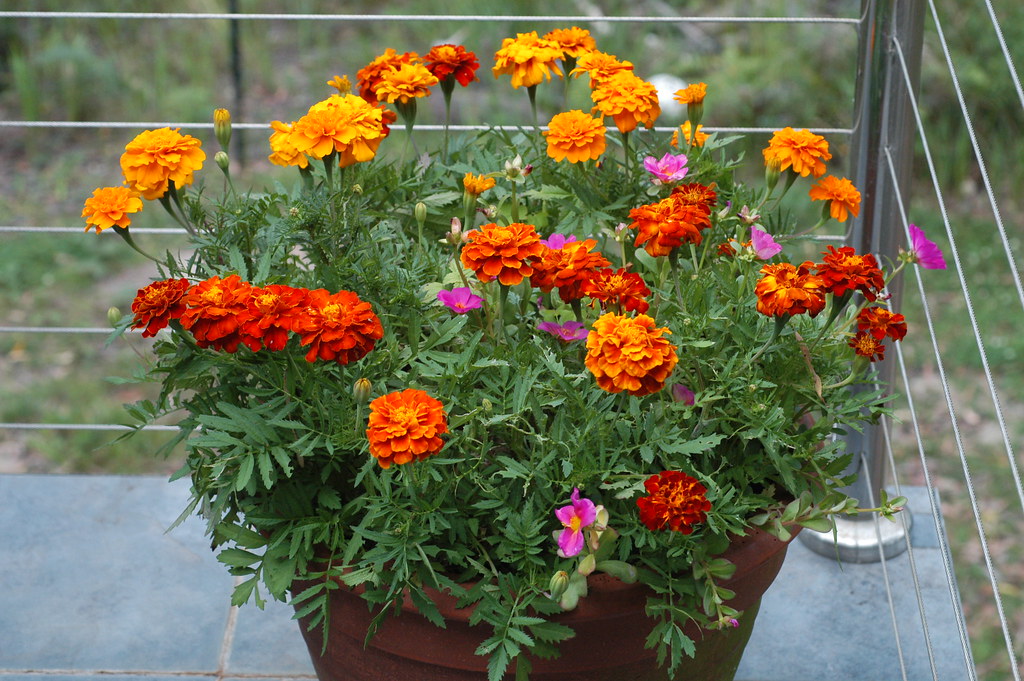Mosquitoes, while being notorious summer nuisances, can be effectively deterred through various aromatic strategies. Understanding which scents repel these blood-seeking insects provides homeowners with natural alternatives to chemical repellents, creating more pleasant outdoor experiences during warm months.
Many fragrances that humans find appealing actually serve as powerful mosquito repellents. From specific plants to essential oils and scented candles, these natural solutions offer effective ways to reduce mosquito presence in backyard spaces. By incorporating these mosquito-repelling scents into outdoor areas, families can enjoy summer gatherings with fewer unwelcome buzzing visitors.
Citronella
Citronella candles represent a staple in summer outdoor gatherings for mosquito control. These popular repellents emit a distinctive herbal lemon scent derived from the lemongrass plant that effectively deters mosquitoes from the area.
When the fragrance disperses through the air, mosquitoes naturally avoid the space. Many hosts place these candles strategically around outdoor tables during warm weather functions.
The effectiveness of citronella has made it a classic choice for mosquito management during outdoor activities.
Rosemary
Rosemary offers a distinctive woodsy, herbal fragrance that humans find appealing while effectively repelling mosquitoes. This Mediterranean herb serves dual purposes as both a culinary delight and natural insect deterrent.
Ways to use rosemary as mosquito repellent:
- Plant in containers around outdoor seating areas
- Spread freshly cut sprigs on tables during gatherings
- Create DIY insect spray with rosemary essential oil
The herb evokes pleasant associations with dishes like focaccia and roasted meats, yet mosquitoes interpret its aromatic compounds as signals to keep their distance. Rosemary requires minimal maintenance while providing significant benefits for outdoor enjoyment.
Lemon Balm
Lemon balm offers a delightful citrus fragrance that naturally repels mosquitoes. Despite its name, this plant belongs to the mint family rather than being related to actual lemons.
Gardeners appreciate lemon balm for both its practical benefits and culinary applications. The strong lemony scent creates an effective barrier against flying insects when planted strategically around outdoor living spaces.
Key Benefits:
- Natural mosquito repellent
- Pleasant citrus fragrance
- Versatile culinary herb
Lemon balm leaves can be harvested to prepare refreshing beverages. Both hot and cold teas made from these leaves provide a flavorful drink option during any season. Consider adding several plants around decks or patios to establish a mosquito-free environment for outdoor gatherings.
Coffee
Coffee grounds serve as an effective mosquito repellent in garden spaces. Mosquitoes dislike the strong aroma of coffee, making it a practical deterrent. Used coffee grounds, which have already been brewed, can be particularly useful for this purpose.
To implement this method, simply scatter the used grounds throughout garden beds. This practice helps prevent mosquitoes from establishing habitats in these areas. The grounds can be distributed evenly across soil surfaces for maximum effectiveness.
Benefits of using coffee grounds as mosquito repellent:
- Natural solution without chemicals
- Cost-effective use of a common household waste
- Easy to apply in outdoor spaces
- Environmentally friendly option
While enjoying coffee outdoors may seem like a deterrent, it’s the direct application of grounds to garden areas that provides the most significant impact against mosquitoes.
Lavender
Lavender serves as an effective mosquito deterrent despite its pleasant aroma to humans. Mosquitoes actively avoid the scent that people associate with relaxation and calm environments.
Gardeners can utilize lavender in multiple ways to keep mosquitoes away. Planting lavender bushes around outdoor living spaces creates a natural barrier. Fresh lavender stems placed in vases on patios or decks also help maintain a mosquito-free zone.
For more targeted protection, lavender essential oil can be formulated into a homemade insect repellent spray. This versatile herb offers both aesthetic appeal and practical pest control benefits.
Catnip
Catnip, a member of the mint family, serves dual purposes beyond attracting feline friends. This versatile herb functions as an effective mosquito repellent when strategically used in outdoor spaces.
Homeowners can plant catnip throughout their yards to naturally deter mosquitoes from the area. For more immediate protection, the leaves can be crushed to release their essential oils, which can then be applied directly to skin as a natural insect repellent.
The active compounds in catnip create a barrier that mosquitoes tend to avoid, making it a practical addition to any outdoor pest management strategy.
Garlic
Garlic serves as an effective natural mosquito repellent due to its strong aroma. To utilize this property, you must harvest the garlic rather than simply growing it in your garden area.
For maximum effectiveness, cut garlic cloves to release their potent compounds. The exposed surfaces emit sulfur compounds that mosquitoes find repulsive.
Place the cut cloves strategically around your outdoor living spaces before you plan to spend time outside. This creates a protective perimeter that can help reduce mosquito activity in the immediate area.
Remember that while effective, the distinctive smell might be overpowering for some people, so consider your personal tolerance for garlic’s aroma before implementing this method.
Eucalyptus
Eucalyptus plants serve as effective mosquito repellents due to their distinctive aroma. While humans find the fresh scent pleasant and calming, mosquitoes react negatively to it, experiencing both repulsion and functional impairment.
Several practical applications exist for using eucalyptus as a mosquito deterrent:
- Planting eucalyptus trees in outdoor spaces
- Burning eucalyptus-scented candles
- Using eucalyptus-infused body products and sprays
These methods provide natural alternatives to chemical repellents while creating a more pleasant environment for people.
Peppermint
Peppermint serves as an excellent natural mosquito deterrent. These insects strongly dislike its potent aroma, similar to their aversion to citrus scents. This plant offers practical benefits for homeowners due to its rapid growth rate and spreading habit, making it easy to establish in gardens.
For those who prefer not to maintain plants, peppermint oil provides an alternative solution. The oil can be used to create a personal insect repellent that helps keep mosquitoes at bay.
Ways to use peppermint as mosquito protection:
- Plant in garden borders
- Grow in containers near seating areas
- Apply diluted oil to skin
- Use in diffusers outdoors
Marigolds
Marigolds serve as natural mosquito deterrents due to their distinctive aroma that mosquitoes find toxic. These vibrant flowers can be strategically placed throughout garden spaces to reduce mosquito populations naturally.
Gardeners can utilize marigolds in two effective ways:
- Plant them as border flowers around patios and outdoor living areas
- Extract or purchase marigold oil to create homemade repellent sprays
The fragrance works similarly to a personal perfume but specifically targets and repels mosquitoes rather than attracting them.
Other Natural Mosquito Repellents:
| Repellent | How It Works | Application Method |
|---|---|---|
| Dryer Sheets | Contains linalool, a floral-scented chemical | Place around outdoor spaces |
| Apple Cider Vinegar | Strong scent deters mosquitoes | Soak cotton balls and distribute |
| Specialty Soaps | Specific scents like peppermint, coconut | Use when bathing or create solution |
For maximum protection, consider combining these methods. Dr. Bronner’s peppermint soap, coconut-based soaps, and Irish Spring have all demonstrated mosquito-repelling properties when used regularly.
